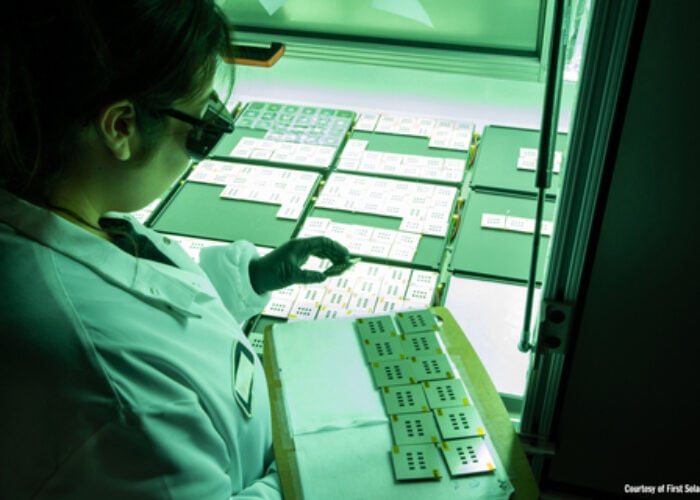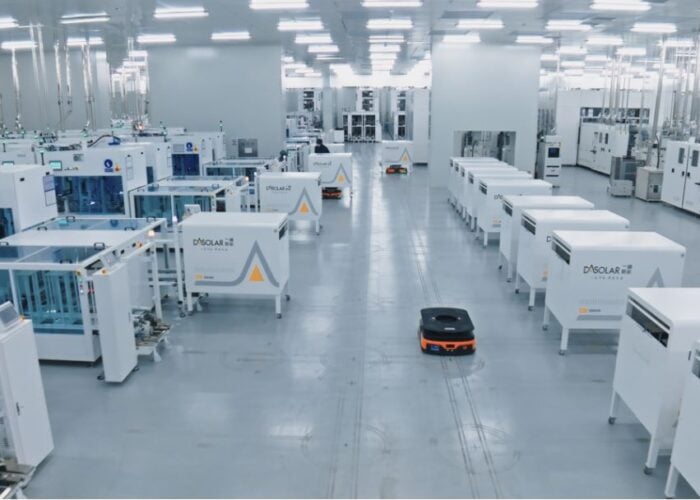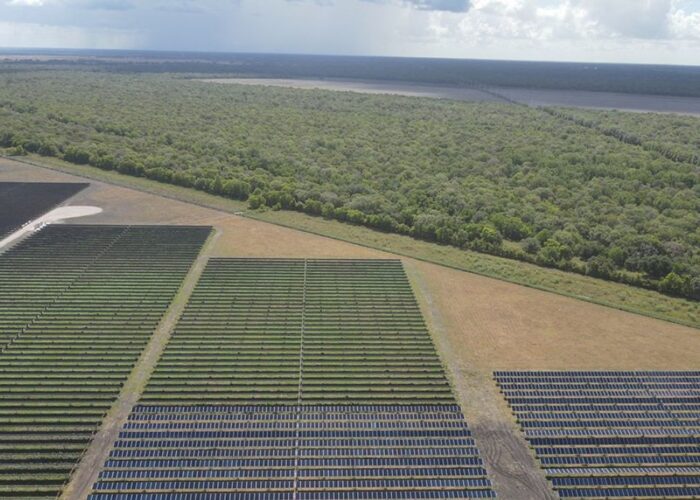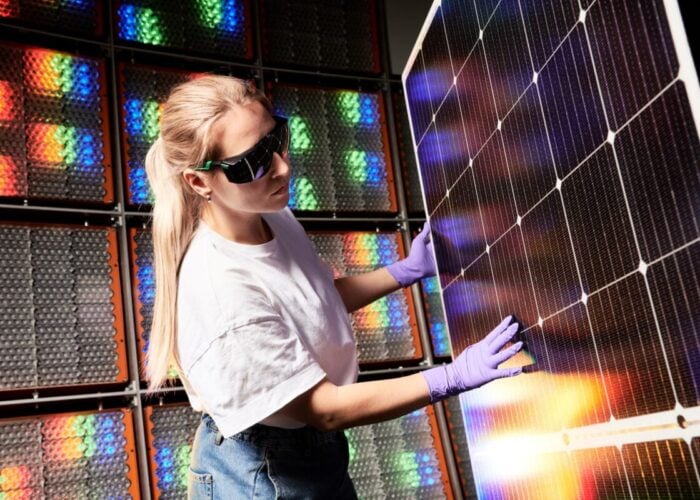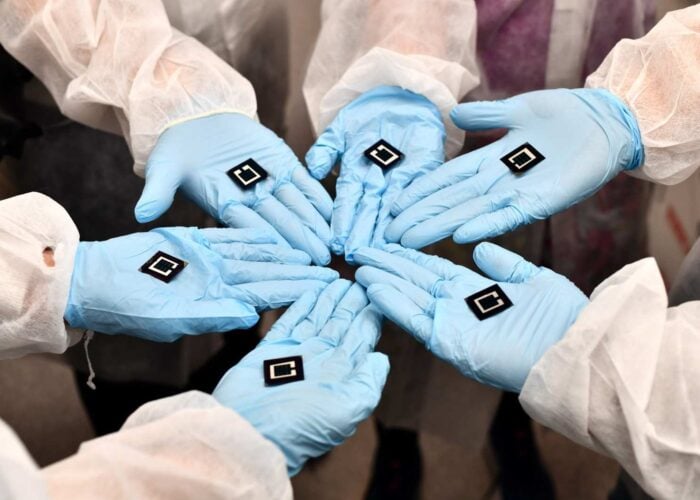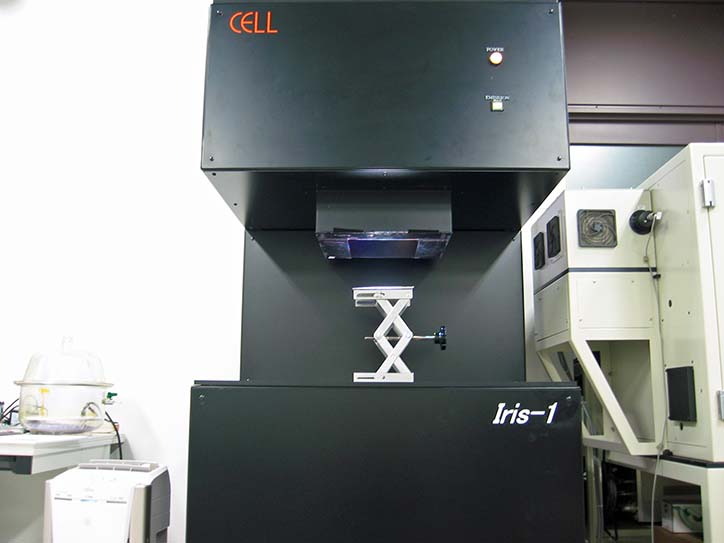
TCAD and EDA software provider Silvaco Japan Co is providing the Segawa Laboratory at the Research Center for Advanced Science and Technology, The University of Tokyo with its device simulator, Atlas for analyzing hysteresis phenomena in perovskite solar cells.
Silvaco said that Segawa Laboratory was conducting research aimed at improved performance of next generation organic solar cells, such as dye-sensitized and organic thin film solar cells, including organometal halide perovskite solar cells with CH3NH3PbI3 structures.
Try Premium for just $1
- Full premium access for the first month at only $1
- Converts to an annual rate after 30 days unless cancelled
- Cancel anytime during the trial period
Premium Benefits
- Expert industry analysis and interviews
- Digital access to PV Tech Power journal
- Exclusive event discounts
Or get the full Premium subscription right away
Or continue reading this article for free
Silvaco’s device simulator Atlas, makes it possible to understand physical phenomena inside a device and make reliable predictions about the behaviour of new device structures, and can analyse hysteresis phenomena in perovskite solar cells.
“Silvaco’s device simulator Atlas will be useful in analyzing hysteresis phenomena resulting from TiO2 interface capacitance. We expect a further acceleration of perovskite solar cell research due to such analyses,” noted Professor Satoshi Uchida of the Environment and Energy Sciences Program at the Komaba Organization for Educational Excellence.

